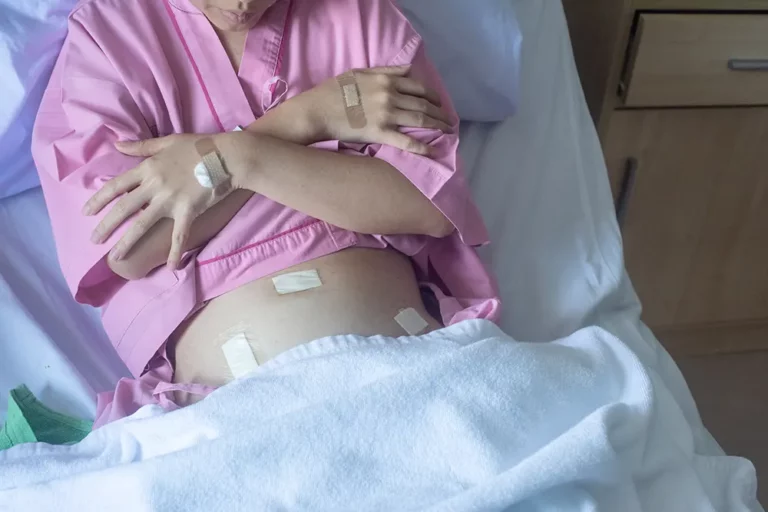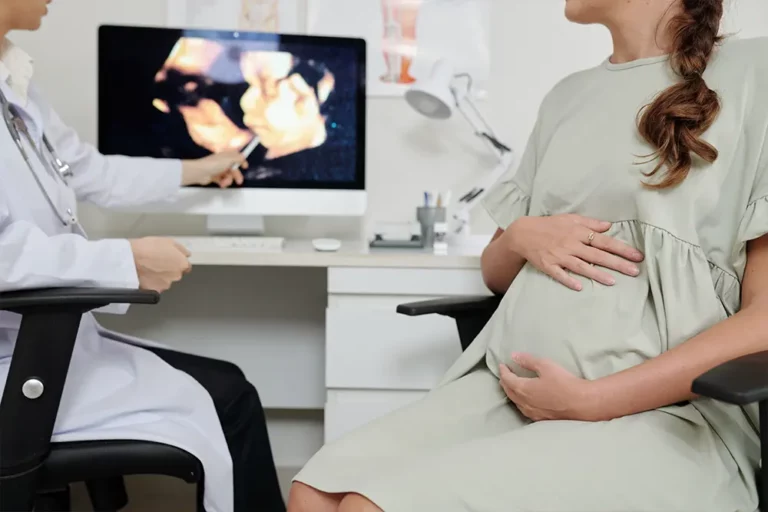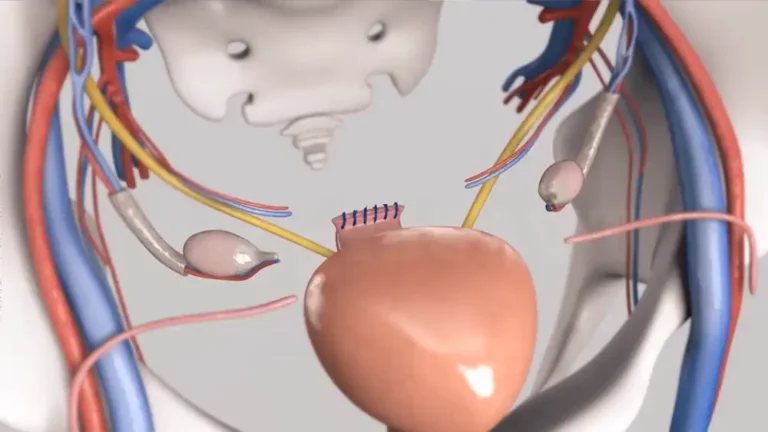Can You Do IVF After Hysterectomy and still have children?
A hysterectomy is a surgical procedure aimed at removing the uterus, which can greatly affect a woman’s fertility. Women who undergo this surgery often worry about their ability to conceive and may contemplate alternative routes like surrogacy, egg retrieval, or egg donation. In this blog post, we will extensively examine the various factors and considerations associated with pursuing IVF (in vitro fertilization) following a hysterectomy. We will delve into subjects such as the possibility of egg release, the significance of surrogacy, and other viable options for initiating a family.
Understanding Hysterectomy and its Implications
Hysterectomy is an incredibly prevalent surgical procedure for women, with numerous surgeries performed annually in the United States. Its primary objective is the surgical extraction of the uterus, and in certain instances, additional reproductive organs like the ovaries and fallopian tubes may also be removed. Hysterectomies can be classified into various types, such as partial and full hysterectomy, which are determined by the degree of organ removal involved.
Women who have undergone a hysterectomy may still have their ovaries intact, allowing them to continue ovulating even after the uterus has been removed. This means that eggs can still be released after a hysterectomy providing some possibilities for fertility treatments such as IVF.
Exploring Surrogacy: Can you do IVF after Hysterectomy?
Egg Retrieval and Donating Eggs
For women who have had a hysterectomy but still have their ovaries, there is a possibility of undergoing egg retrieval and donating eggs. Egg stimulation and retrieval can be performed using various techniques, and the retrieved eggs can then be used for fertilization with sperm.
The donated eggs can be used in IVF procedures, where the fertilized eggs are transferred to a gestational surrogate who carries the pregnancy. This allows women without a uterus to still have children genetically related to them.
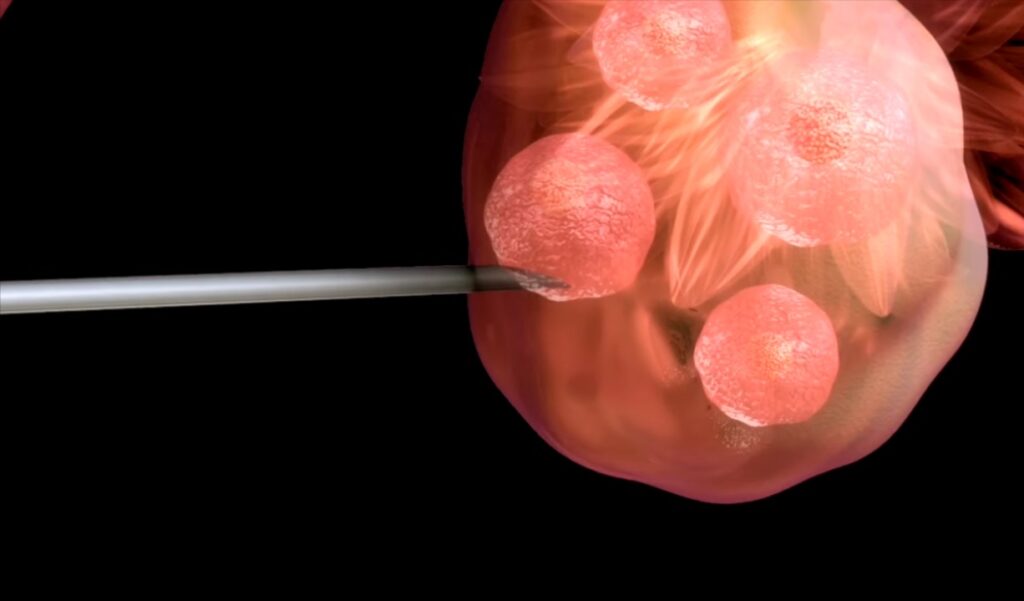
Surrogacy after Hysterectomy
Surrogacy is an option commonly considered by women who have undergone a hysterectomy. In this arrangement, a gestational surrogate carries the baby on behalf of the intended parents. IVF technologies are used to fertilize the eggs with sperm, and the resulting embryos are transferred to the surrogate’s uterus for gestation.
With current advancements in reproductive technologies, surrogacy has become a viable option for women unable to carry a pregnancy due to a hysterectomy. It provides the opportunity to have a biological child even after the surgical removal of the uterus.
Freezing Eggs before Hysterectomy
In cases where a hysterectomy is planned due to a cancer diagnosis or other medical reasons, it may be possible to freeze eggs before the procedure. This allows women to preserve their fertility and have the option of using the frozen eggs for IVF after the hysterectomy.
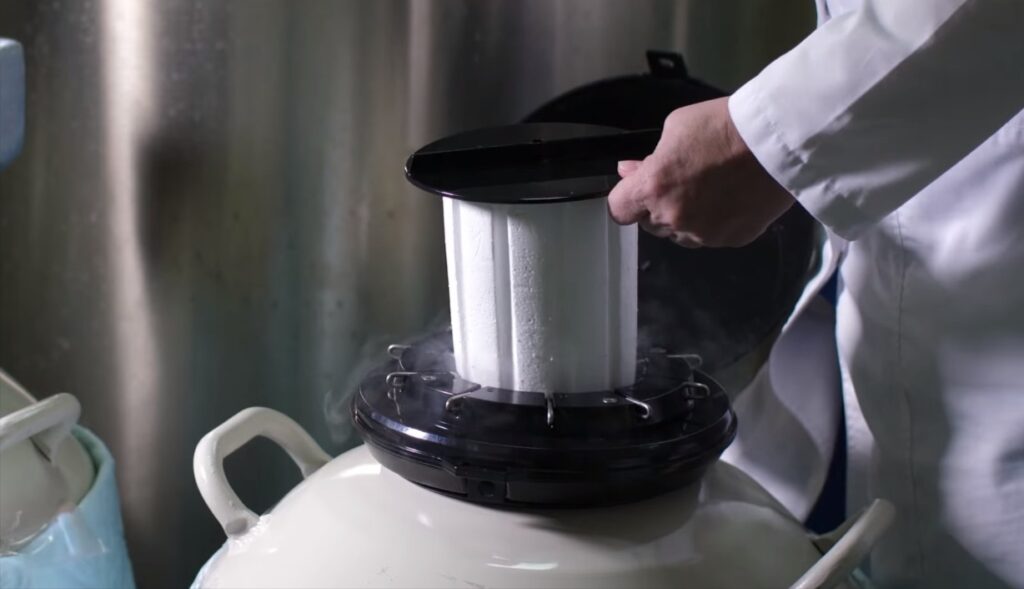
The process of egg freezing entails stimulating the ovaries to generate multiple eggs, which are subsequently collected and preserved through freezing for future utilization. When the woman decides to pursue pregnancy, the frozen eggs can be thawed, fertilized, and transferred to a gestational surrogate to initiate the process.
Maximizing Success Rates and Considerations
While IVF after a hysterectomy is possible through surrogacy or egg donation, it’s important to consider certain factors to maximize the chances of a successful pregnancy.
Quality and Quantity of Eggs
The success of IVF depends on the quality and quantity of eggs available for fertilization. Women who have undergone a hysterectomy may still have healthy eggs in their ovaries. However, the number of mature eggs available for retrieval may vary from person to person.
Choosing a Surrogacy Program or Agency
When opting for surrogacy after a hysterectomy, it is crucial to choose a reputable surrogacy program or agency. A reliable agency will guide intended parents through the process, ensure proper screening of surrogates and provide necessary support and legal assistance throughout the journey.
Pregnancy Success and Monitoring
Once the fertilized eggs are transferred to the surrogate’s uterus, it’s important to closely monitor the pregnancy for optimal outcomes. Regular prenatal check-ups, medical supervision, and emotional support are essential to ensure the well-being of both the surrogate and the developing baby.
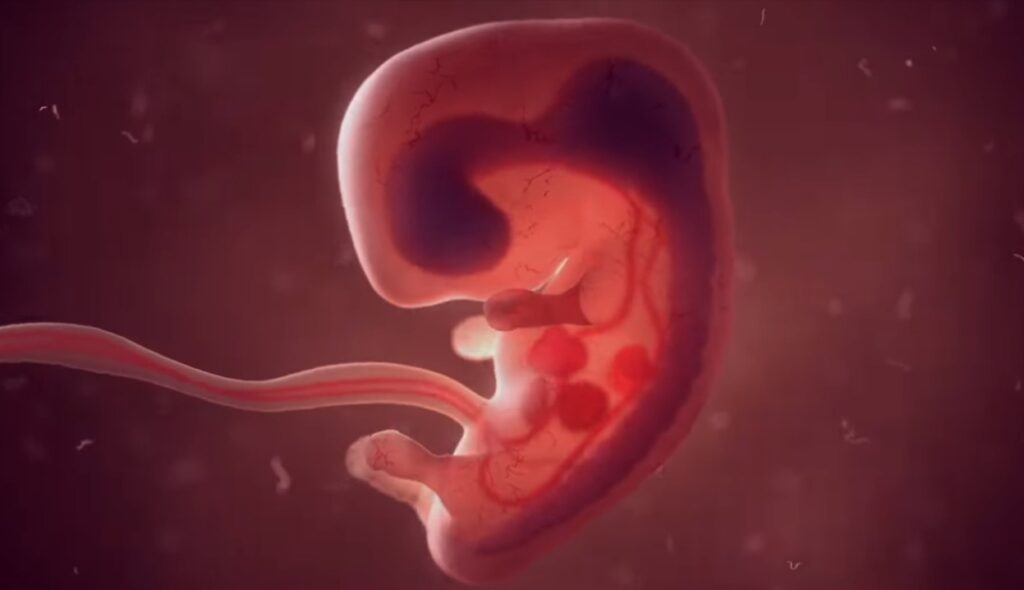
Emotional and Psychological Considerations
Embarking on IVF and surrogacy after a hysterectomy can be an emotionally challenging journey. It’s important for individuals and couples to seek appropriate emotional and psychological support throughout the process. Counseling, support groups, and open communication with healthcare professionals can help navigate the emotional aspects associated with infertility and alternative methods of having children.
Conclusion
Although a hysterectomy, which involves surgically removing the uterus, can present obstacles to natural conception, it does not definitively eliminate the potential for having children. For individuals and couples who have undergone a hysterectomy, options such as IVF, surrogacy, and egg donation provide hopeful alternatives. Thanks to advancements in reproductive technologies and the assistance of fertility clinics and surrogacy agencies, numerous women can still fulfill their aspirations of starting a family even after the removal of their uterus.
FAQs
Is there a risk of ovarian cancer after a hysterectomy?
The risk of ovarian cancer may be reduced after a hysterectomy, especially if the ovaries are removed. However, it’s essential to discuss your specific circumstances and any concerns with your healthcare provider to make informed decisions about your long-term health.
Can I use IVF to conceive a pregnancy after a hysterectomy?
Yes, IVF can be a potential option for individuals who have undergone a hysterectomy. By using either retrieved eggs or donated eggs, along with sperm, and transferring the resulting embryos to a gestational surrogate, it is possible to achieve a pregnancy and have a healthy baby.
Is an emergency hysterectomy a candidate for IVF?
In emergency situations where a hysterectomy surgery is performed, the primary concern is often the patient’s health and well-being, rather than preserving fertility. Since a hysterectomy removes the uterus, IVF is generally not an option for conceiving a pregnancy. It is recommended to discuss fertility preservation options with a healthcare professional before undergoing such a procedure.
